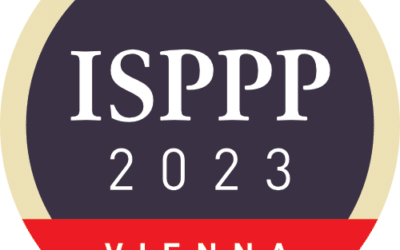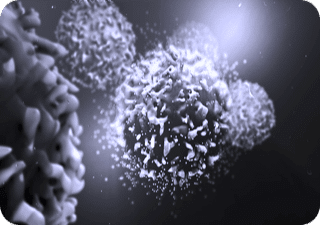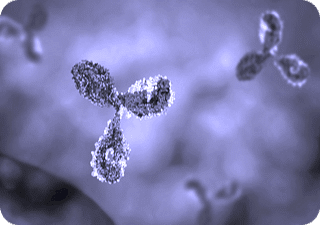International Symposium and Exhibition on Purification of Proteins, Peptides and Polynucleotides (ISPPP) takes place in Vienna, Austria from the 5th to the 8th of November.
Meet IndiCell's representatives Dr. Nils Brechmann from MAGic Bioprocessing at the conference. ISPPP, the...



